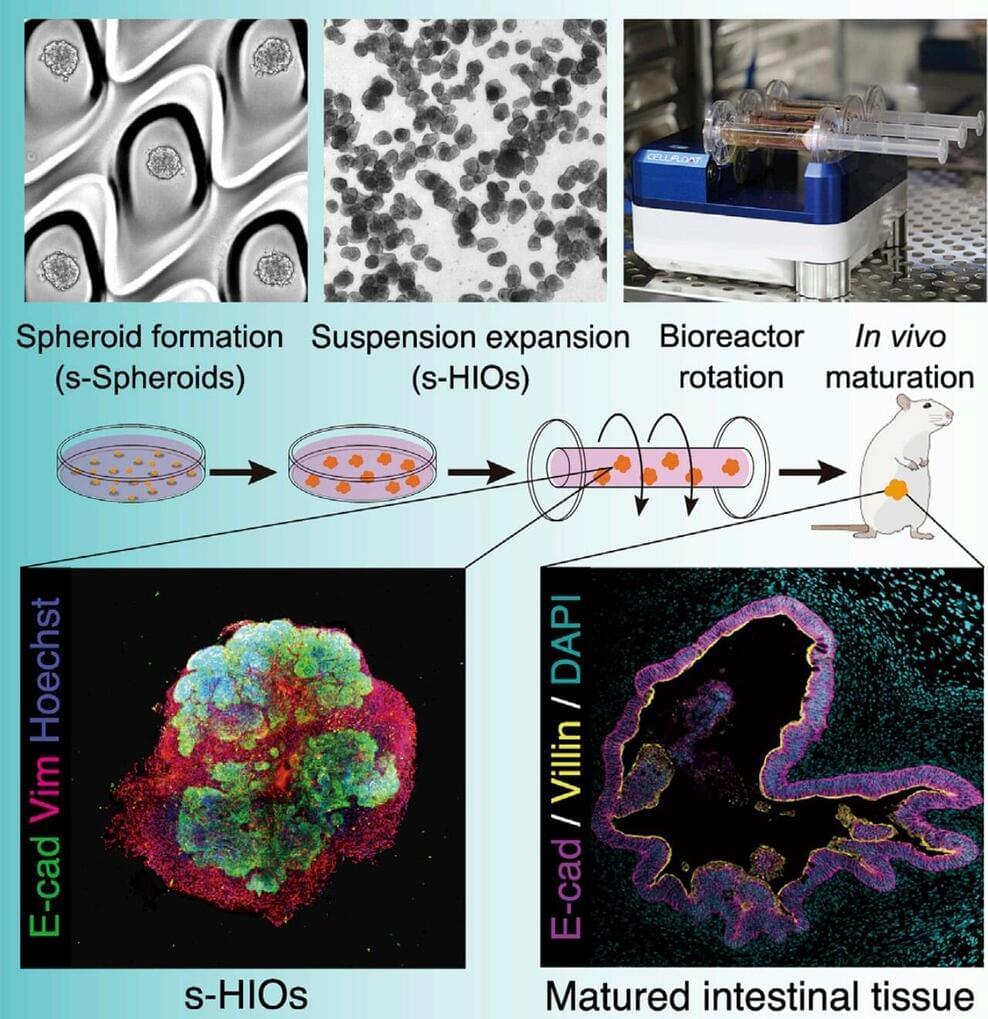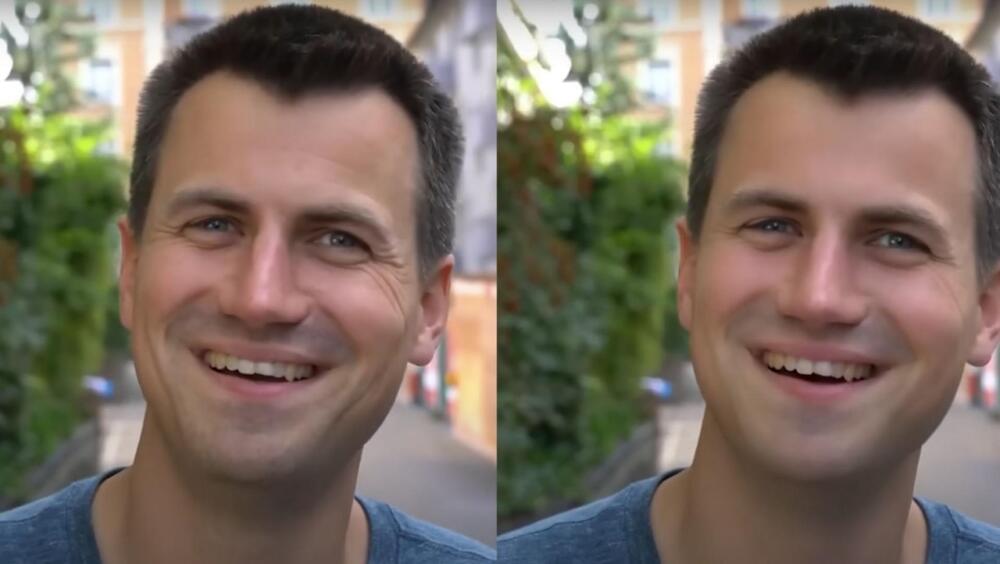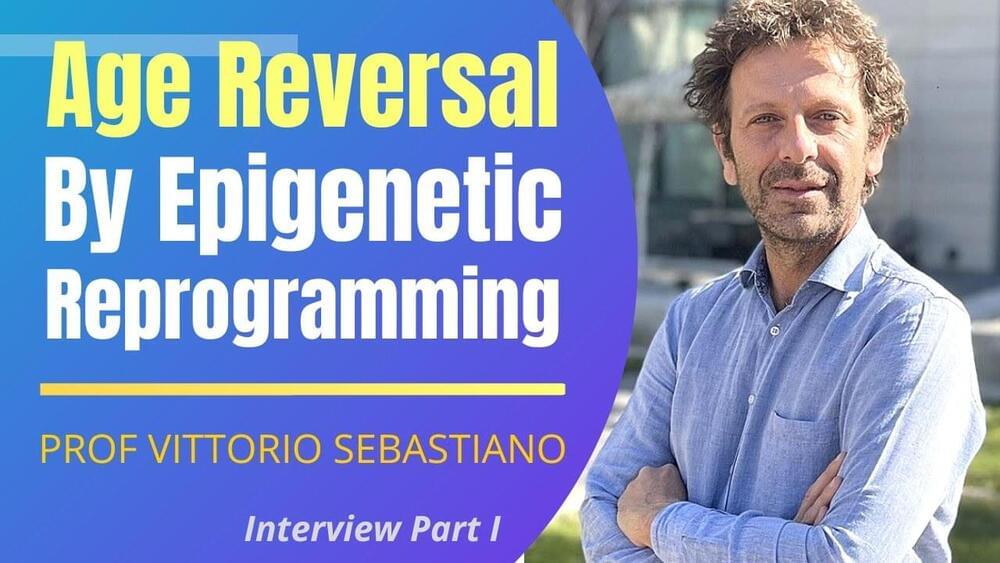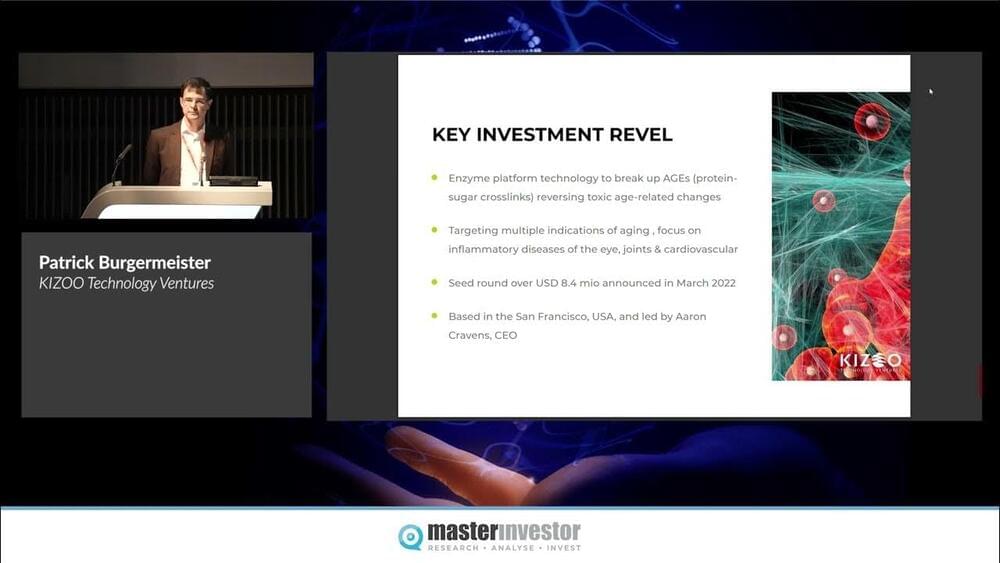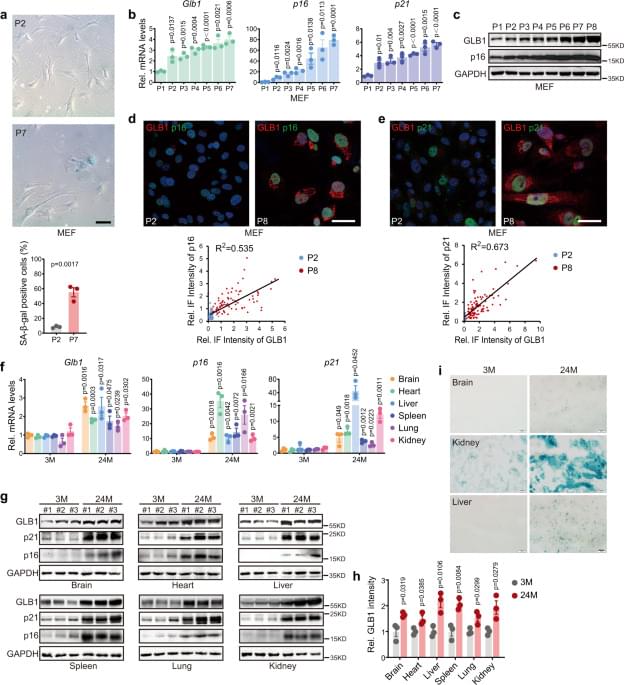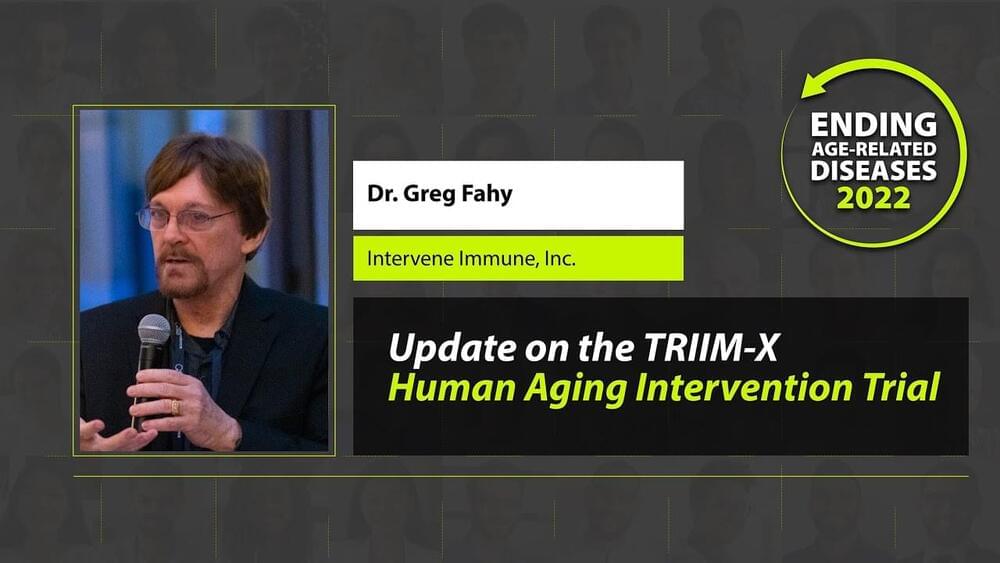Dec 6, 2022
Spermidine is a popular longevity supplement – and with good reason, as it has antiaging properties and can suppress inflammation and oxidation
Posted by Kelvin Dafiaghor in categories: biotech/medical, life extension
Spermidine is a popular longevity supplement – and with good reason, as it has antiaging properties and can suppress inflammation and oxidation. Studies have shown the interestingly-named polyamine can increase lifespan in animal models, and research indicates that its decline with aging is linked to the onset of age-related diseases.
Longevity. Technology: All this background is useful if you are wondering if supplements are right for you and if so, which ones to take. However, having a professional perspective is always useful, and founder of Impact Health Dr Halland Chen MD is a Double Board-Certified doctor who is a Partnered Practitioner of spermidineLIFE. We caught up with Dr Chen to find out what it is like practising at the cutting edge of longevity medicine, and what are some of the most promising interventions he recommends to his patients.

